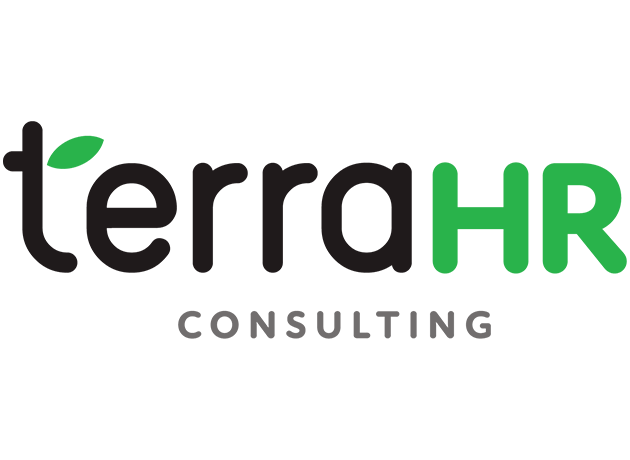Preparing for an architectural interview can be intimidating, but having a structured approach can help you present your best self. Being well-prepared boosts your confidence. When you know you have practiced answers to common questions, understand the company, and have a clear idea of your strengths, you’re more likely to present yourself positively. Preparation helps you thoroughly understand the job you’re applying for. This means you can tailor your answers to show how your skills and experiences align with the job requirements. You will also show the interviewer that you are serious about the position and respectful of their time. It demonstrates your work ethic and attention to detail.
Through preparation, you can identify your key strengths and achievements and practice articulating them. This ensures you can effectively communicate what makes you a strong candidate. No interview is easy, so practicing difficult questions allows you to think about how to handle them without feeling flustered during the interview. This includes questions about weaknesses, gaps in employment, or other potentially challenging topics. Ultimately, thorough preparation can help you create a positive and lasting impression, increasing your chances of being remembered and chosen for the position.
This guide will walk you through each step. From initial preparation to follow-up, it will ensure you’re well-prepared and confident.
1. Pre-Interview Preparation for Architects
Research the Firm
- Understand Their Portfolio: Study the firm’s major projects, design philosophy, and any recent news or developments.
- Know Their Values: Familiarize yourself with the firm’s core values, such as sustainability, innovation, or community involvement.
- Identify Key Personnel: Know who the key players are in the firm, especially those who might be interviewing you.
Update Your Portfolio
- Curate Your Work: Select a range of projects that highlight your versatility, skills, and unique design perspective.
- Detail Your Role: Clearly outline your contributions to each project.
- Include Process Work: Show sketches, drafts, and models to illustrate your design process and problem-solving skills.
Tailor Your Resume and Cover Letter
- Highlight Relevant Experience: Focus on experiences and skills that align with the job description.
- Personalize Your Cover Letter: Mention specific reasons why you’re interested in the firm and how your career goals match their vision.
2. Anticipating Interview Questions
Common Questions
- Tell us about yourself.
- Why are you interested in our firm?
- Describe a challenging project and how you managed it.
- How do you handle tight deadlines?
- What is your design philosophy?
Technical Questions
- Discuss a project where you had to solve a complex architectural problem.
- How do you incorporate sustainability into your designs?
- What software and tools are you proficient in?
Behavioural Questions
- How do you incorporate user needs and functionality into your designs?
- How do you ensure accuracy and consistency in your drawings and specifications?
- What type of reports/proposals have you written in the past?
- How do you handle criticism of your work?
- Give an example of how you worked effectively in a team.
- Describe a situation where you had to adapt to a major change.
- How do you manage project timelines and ensure that milestones are met?
- Can you describe your experience with coordinating with engineers, contractors, and other stakeholders?
- What strategies do you use to manage budgets and cost control?
- Can you describe a situation where you had to navigate complex zoning or code issues?
- What are some emerging trends in architecture that you find exciting or relevant?
- How do you communicate complex design concepts to clients who may not have a technical background?
- Can you provide an example of how you handled a disagreement or conflict within a team?
3. Showcasing Your Skills
Presentation
- Portfolio Presentation: Practice presenting your portfolio, focusing on key projects that highlight your strengths.
- Clear Communication: Be clear and concise in explaining your design decisions, project roles, and outcomes.
- Soft Skills: Demonstrate your teamwork, leadership, and problem-solving abilities through specific examples.
Technical Skills
- Software Proficiency: Be prepared to discuss the architectural software you’re proficient in, such as AutoCAD, Revit, SketchUp, and others.
- Design and Drafting: Highlight your technical skills in design, drafting, and rendering.
4. Asking Insightful Questions
Prepare thoughtful questions that show your interest in the role and the firm. This can also help you evaluate if the firm is the right fit for you.
Project-Related Questions
-
- Can you tell me about some of the upcoming projects the firm is excited about?
- What are some of the biggest challenges the firm is currently facing?
Team and Culture
- Can you describe the team I’ll be working with?
- How does the firm support professional development and growth?
- Can you give an example of how the team collaborates on projects?
Firm’s Vision
- How does the firm’s design philosophy influence its projects?
- What are the long-term goals for the firm?
Post-Interview Follow-Up
Thank-You Email
- Prompt Response: Send a thank-you email within 24 hours of the interview.
- Personalize It: Mention specific topics discussed during the interview to show your attentiveness.
- Reaffirm Interest: Express your enthusiasm for the role and the firm.
Reflect on the Interview
- Assess Your Performance: Reflect on what went well and what could be improved for future interviews.
- Take Notes: Jot down any key points or feedback provided by the interviewers for future reference.
Being well-prepared for your architectural interview can significantly boost your confidence and chances of success. Thoroughly research the firm, present a well-organized portfolio, anticipate and practice answering common and technical questions, and show genuine interest in the firm through insightful questions. Finally, follow up with a personalized thank-you email to leave a positive lasting impression.
Good luck with your interview!
If you have any questions or need support in preparation for an upcoming interview, please contact us at info@terrahrconsulting.com


